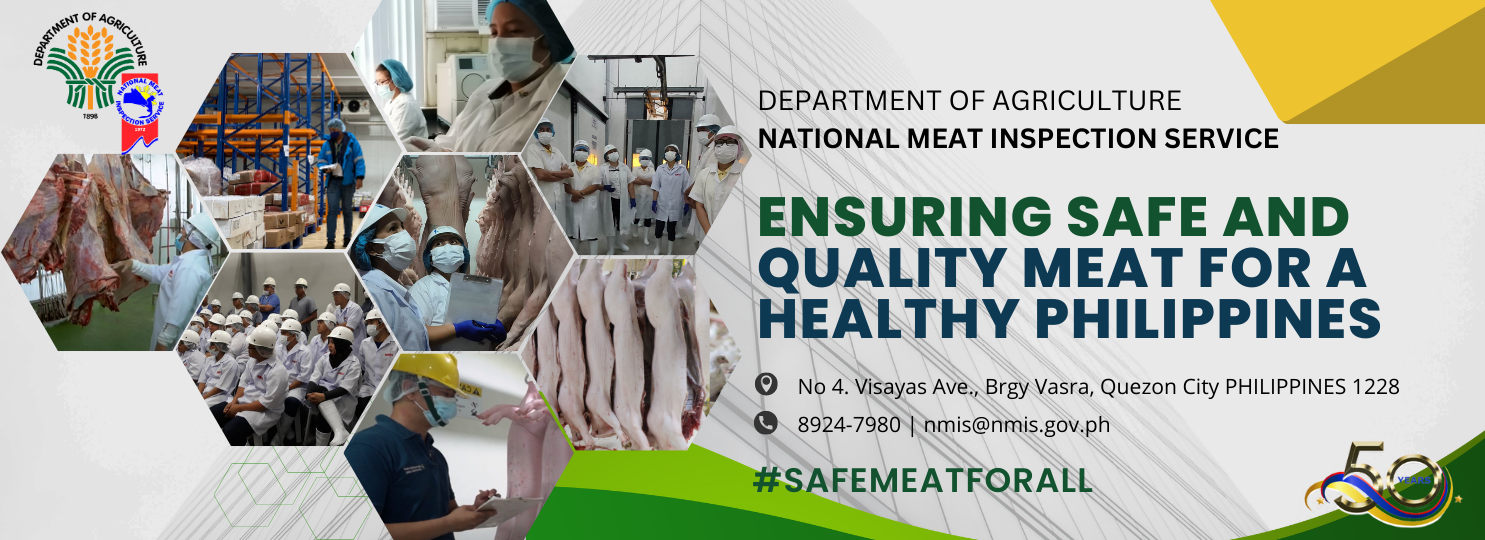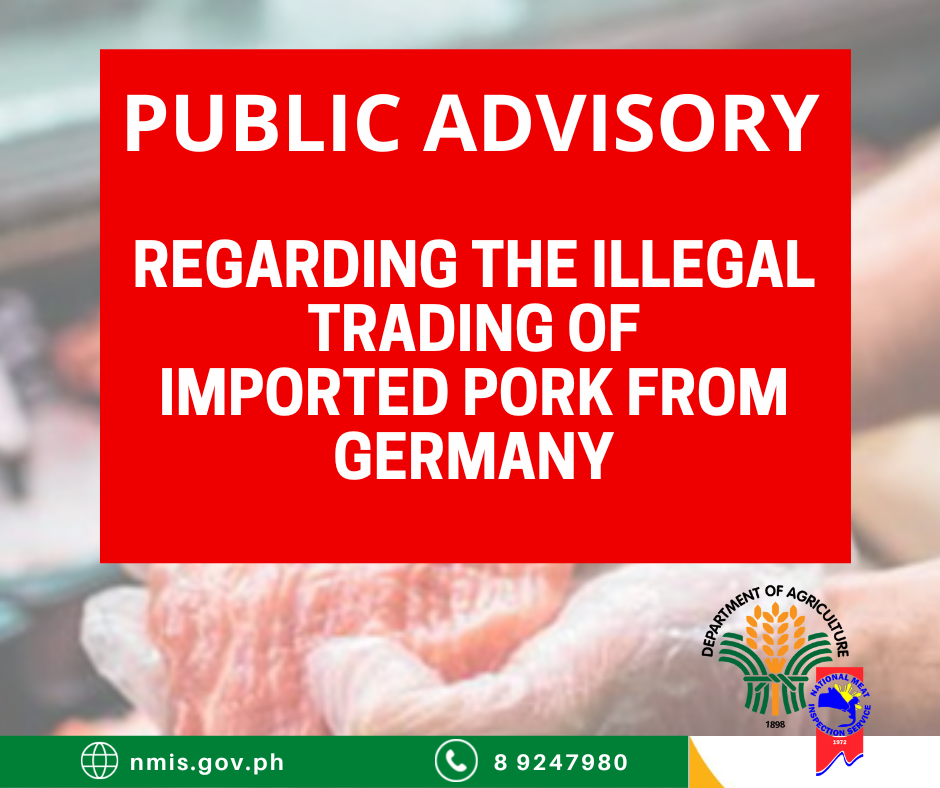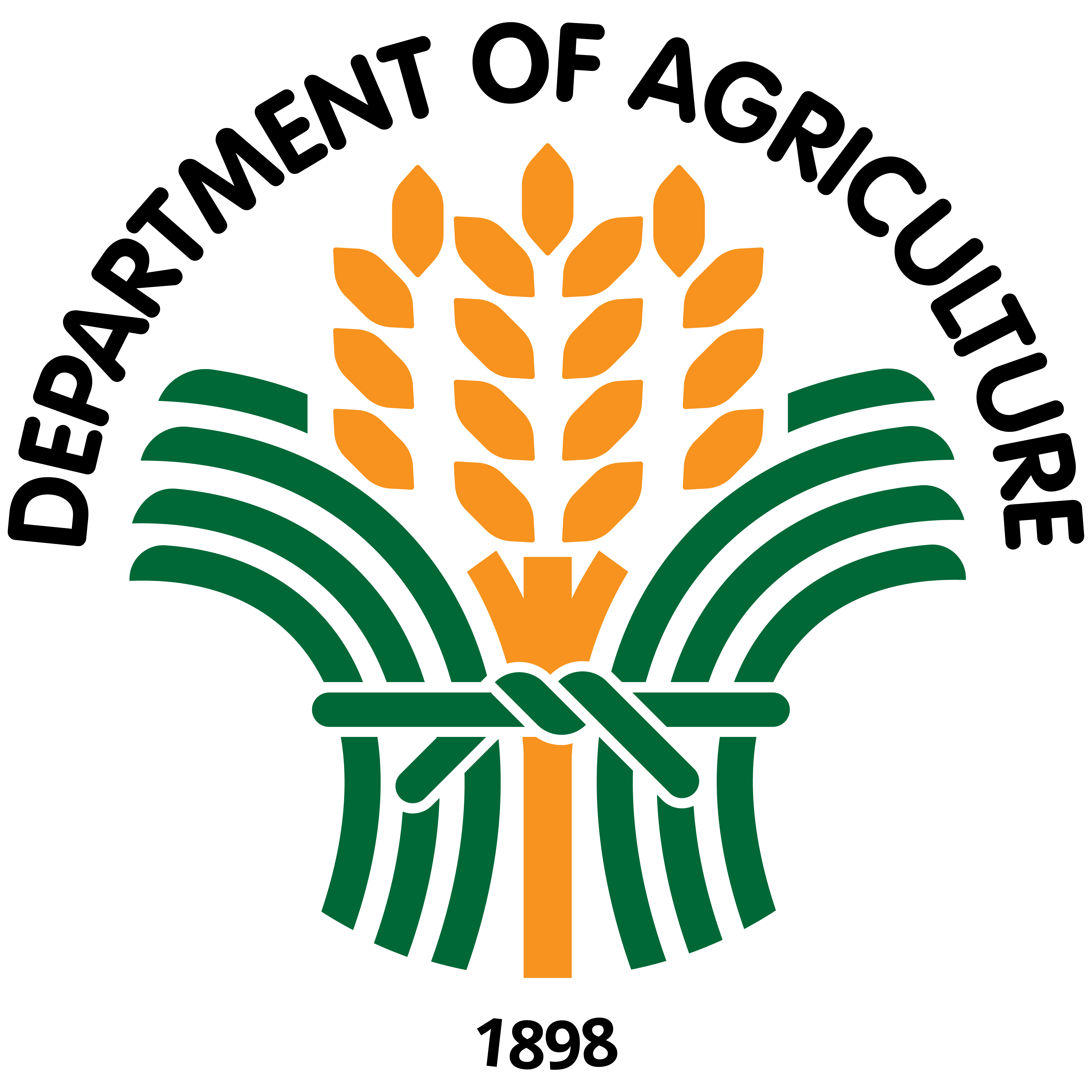JAPAN’S RECOGNITION OF THE PHILIPPINES AS A COUNTRY WITH CONFIRMED HACCP CERTIFIED MEAT ESTABLISHMENTS
The Philippines was confirmed and included by the Japanese Ministry of Health, Labour, and Welfare (MHLW) in its list of certified countries that reliably take Hazard Analysis and Critical Control Point (HACCP) based hygiene management on May 26, 2021. Under Japan’s Food Sanitation Law, only meat manufactured with HACCP-based hygiene management can be imported into their country.
The Philippines has been exporting chicken meat to Japan, but as a result of this new recognition, we are now eligible to export beef, carabeef, pork, chevon, mutton, and their by-products to Japan. The MHLW has also notified its quarantine stations for the acceptance of the health certificates of the different meat commodities.
According to Dr. Jocelyn A. Salvador, National Meat Inspection Service’s (NMIS) OIC-Executive Director, the significance of this move from Japan is that “they rely upon and trust our systems of certification.” It means that if the Philippines certify certain meat establishments and meat products, Japan will automatically accept this certification without a doubt. But that does not mean that the Philippines has just submitted the requirements to be certified by Japan. Dr. Salvador added that Japan also has a verification process, and the Philippines has passed it. “It also implies that the systems of certification of the Philippines are at par with the global standards,” she added.
Since 2003, NMIS has implemented the mandatory application of the HACCP program in all licensed “AAA” meat establishments. This is an internationally recognized system that is science-based and systematic. It identifies hazards and measures for their control to ensure the safety of food.
Alexandra D. Robel









